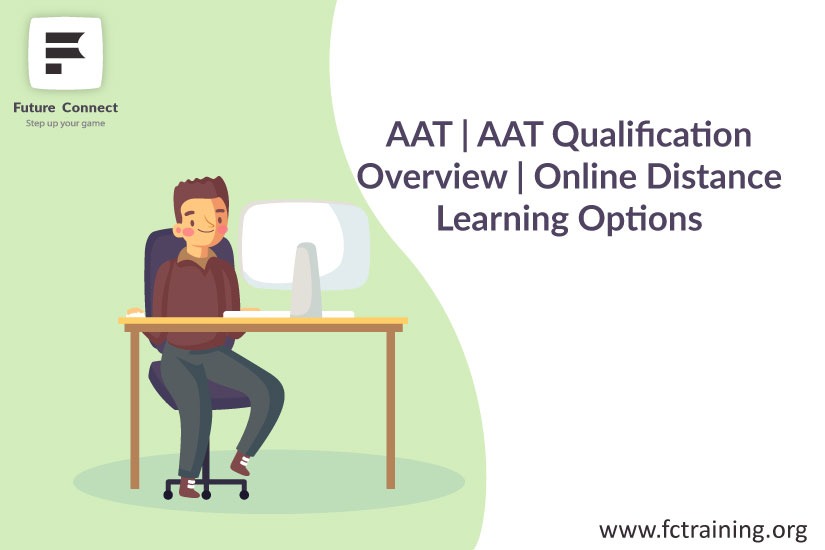Studying for the Association of Accounting Technicians (AAT) Level 2 qualification is a crucial step for individuals aiming to kickstart a career in accounting or finance. This foundational level provides essential knowledge and skills that form the basis of accounting practices. Let’s delve into what AAT Level 2 entails, its significance, and why it’s a valuable starting point for aspiring accountants.
1. Overview of AAT Level 2
AAT Level 2 is the introductory stage of the AAT qualification series. It is designed for individuals with little or no accounting experience and provides a solid grounding in the fundamental principles of accounting and bookkeeping. This level aims to equip students with practical skills that are directly applicable in real-world accounting roles.
2. What You’ll Learn
At AAT Level 2, students cover a range of topics essential for accounting professionals:
-
Bookkeeping Transactions: Understanding financial transactions, double-entry bookkeeping, and associated documents.
-
Bookkeeping Controls: Learning about banking procedures, control accounts, and reconciliations.
-
Elements of Costing: Introducing basic costing principles and techniques.
-
Working Effectively in Finance: Developing essential workplace skills and understanding ethical considerations.
3. Importance of AAT Level 2
This qualification serves as a solid foundation for further studies and practical application in accounting roles. Here’s why it’s so crucial:
-
Industry Recognition: AAT qualifications are globally recognized and respected by employers, providing a competitive edge in the job market.
-
Skill Development: Level 2 introduces key accounting concepts and practices, laying the groundwork for more complex topics in higher levels.
-
Career Prospects: Completing AAT Level 2 opens doors to entry-level positions in finance and accounting, setting the stage for career advancement.
4. Study Options
AAT Level 2 can be studied through various methods to suit different learning preferences:
-
Classroom-Based Learning: Attending structured classes with tutors and fellow students.
-
Online Learning: Accessing course materials remotely, offering flexibility for those with busy schedules.
-
Self-Study: Using textbooks and online resources independently, ideal for motivated and disciplined learners.
5. Assessment and Certification
To obtain the AAT Level 2 qualification, students must pass a series of assessments:
-
Computer-Based Assessments (CBAs): Exams covering each module, assessing knowledge and understanding.
-
Skills Tests: Practical assessments to demonstrate competency in bookkeeping tasks.
Successful completion of these assessments leads to the AAT Level 2 Certificate in Accounting.
6. Career Progression
Upon completing AAT Level 2, individuals can pursue various career paths:
-
Accounts Assistant: Entry-level roles in accounts payable/receivable, assisting with basic bookkeeping tasks.
-
Bookkeeper: Handling day-to-day financial transactions and records for small businesses.
-
Further Education: Progressing to AAT Level 3 and beyond, leading to roles like Finance Officer or Management Accountant.
7. Tips for Success
To excel at AAT Level 2 and beyond, consider the following tips:
-
Consistent Study: Allocate regular study time to grasp concepts thoroughly.
-
Practice Regularly: Apply theoretical knowledge to practical scenarios through exercises and mock assessments.
-
Seek Support: Utilize tutors, online forums, and study groups for guidance and clarification.
-
Stay Updated: Keep abreast of industry developments and changes in accounting standards.
In conclusion, AAT Level 2 is a pivotal starting point for individuals aspiring to build a career in accounting. The comprehensive curriculum, industry recognition, and career opportunities make this qualification an essential investment for those entering the field of finance. By laying a strong foundation of accounting principles and practical skills, AAT Level 2 sets the stage for a successful and rewarding career journey in accounting and finance.


